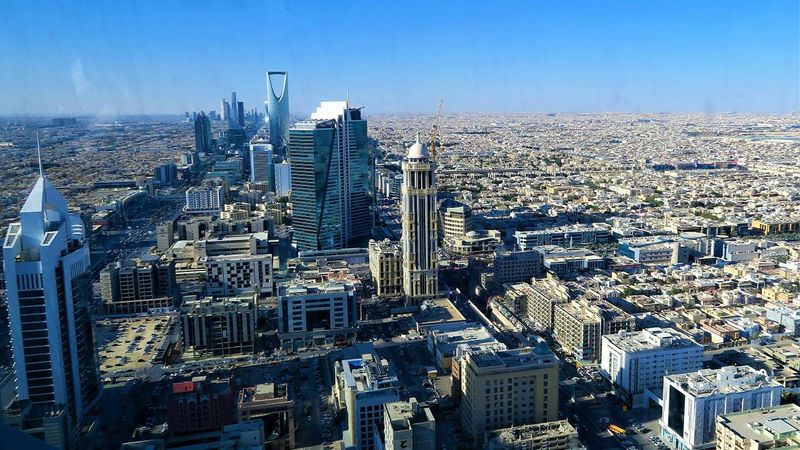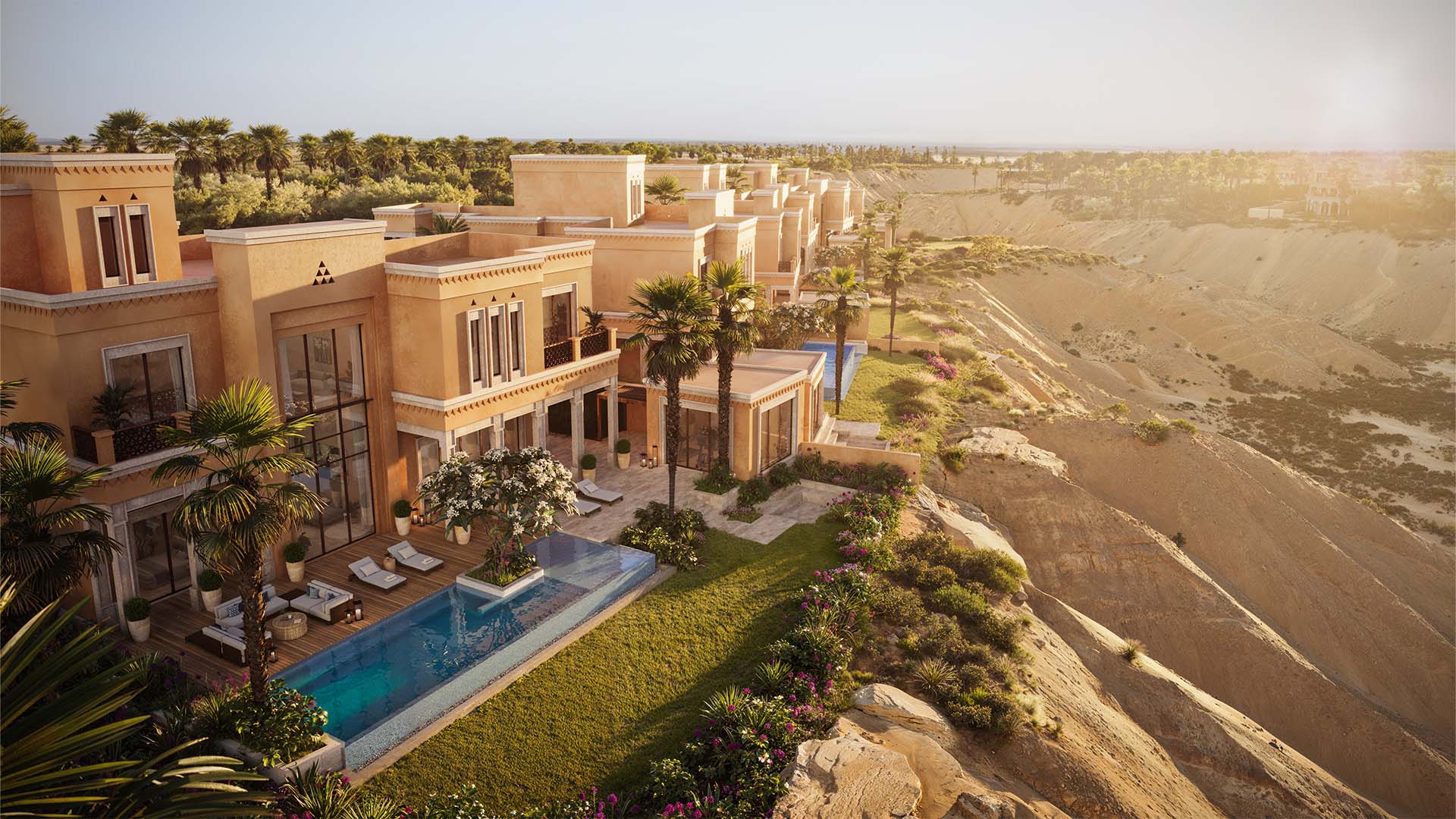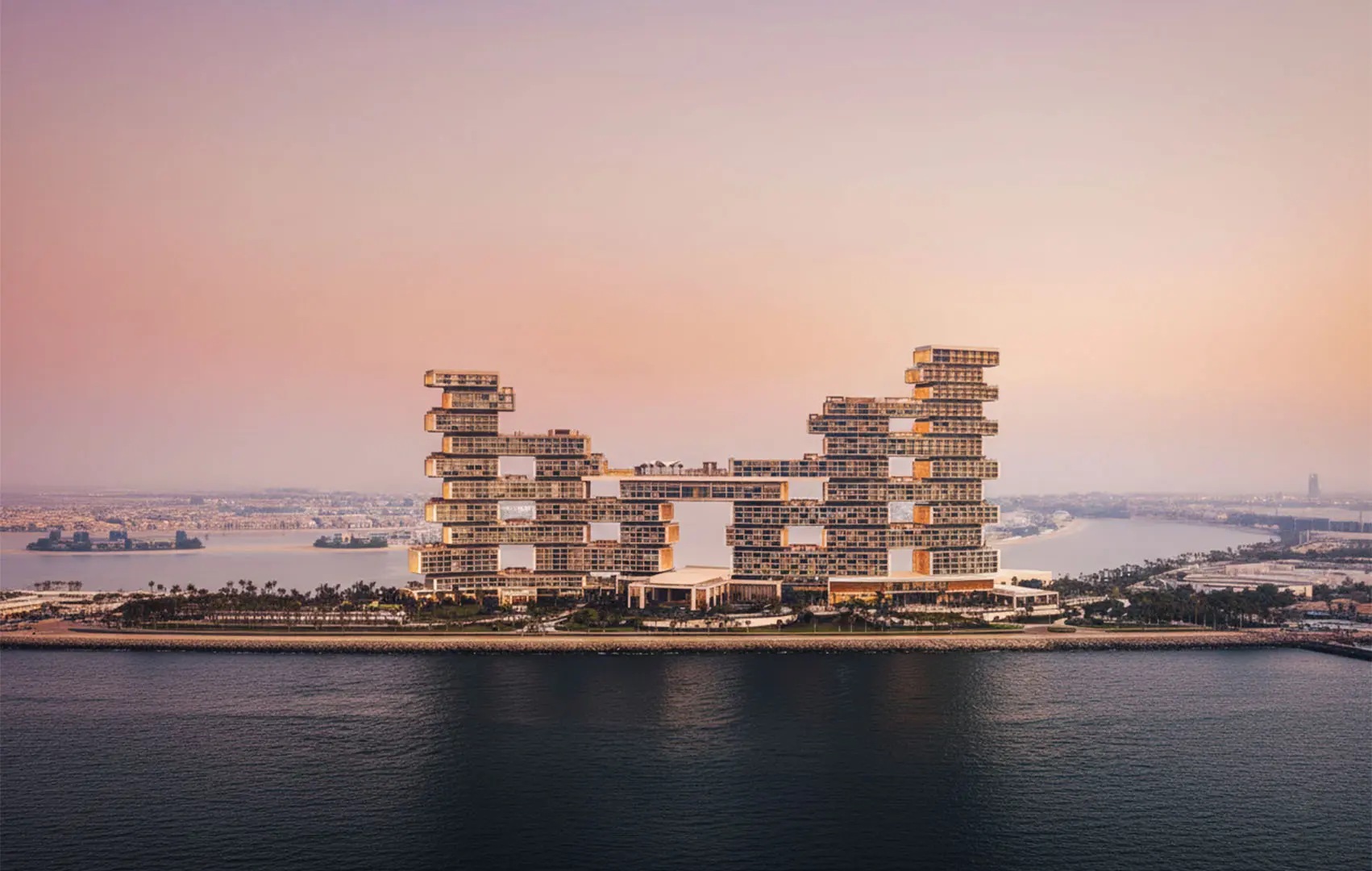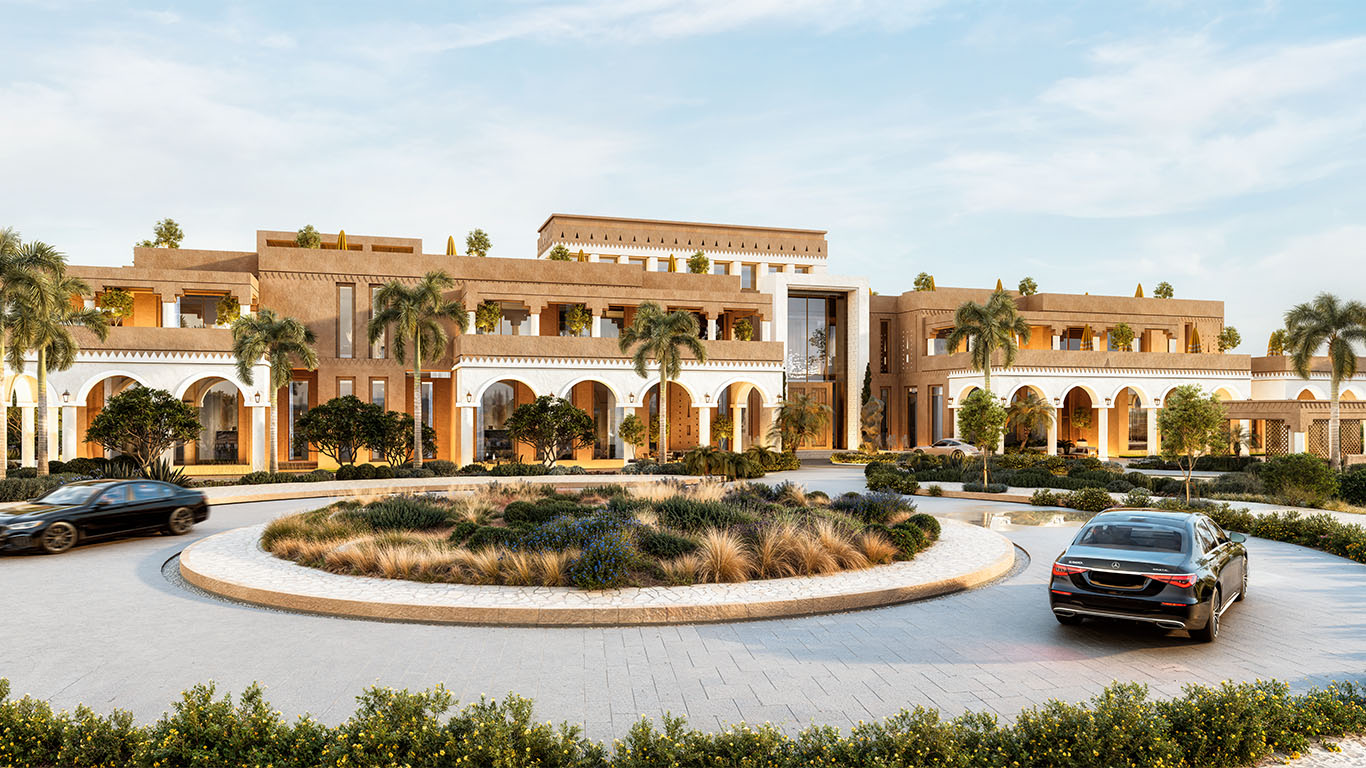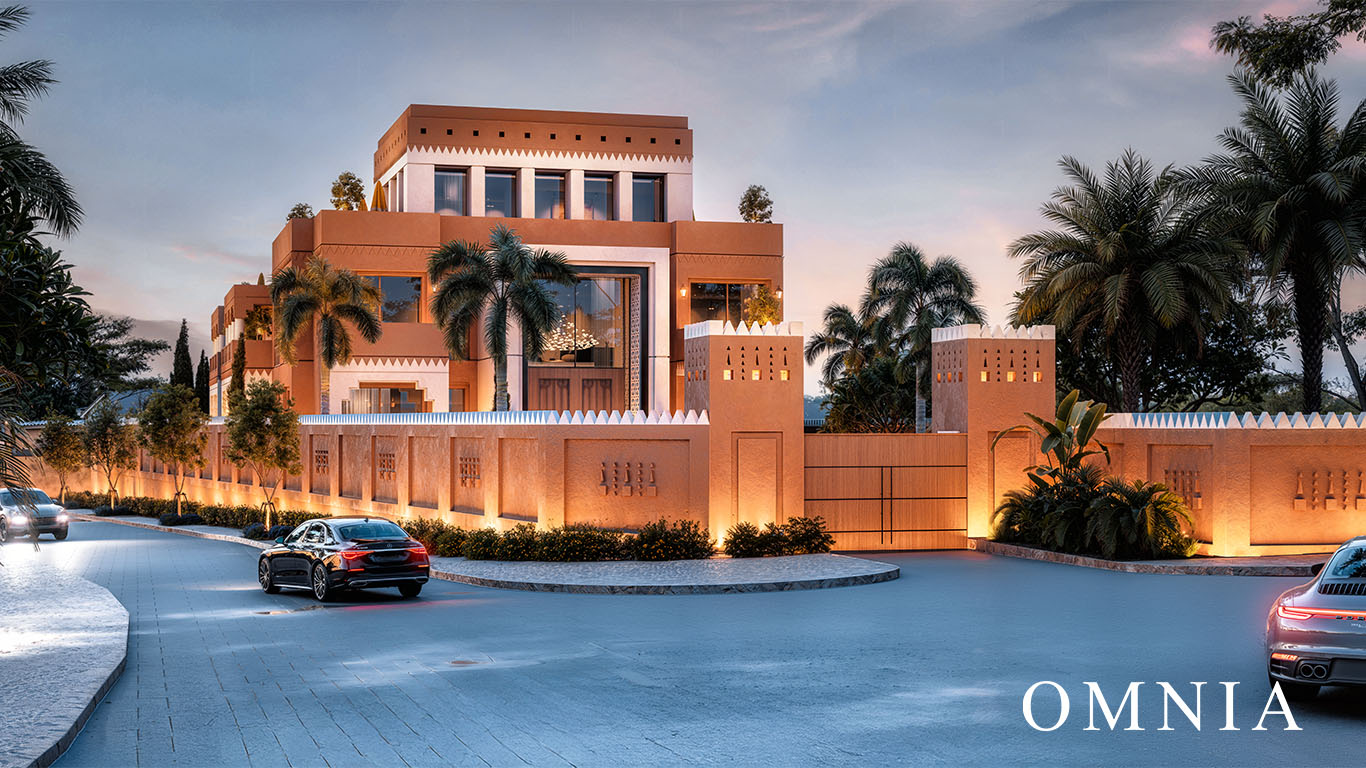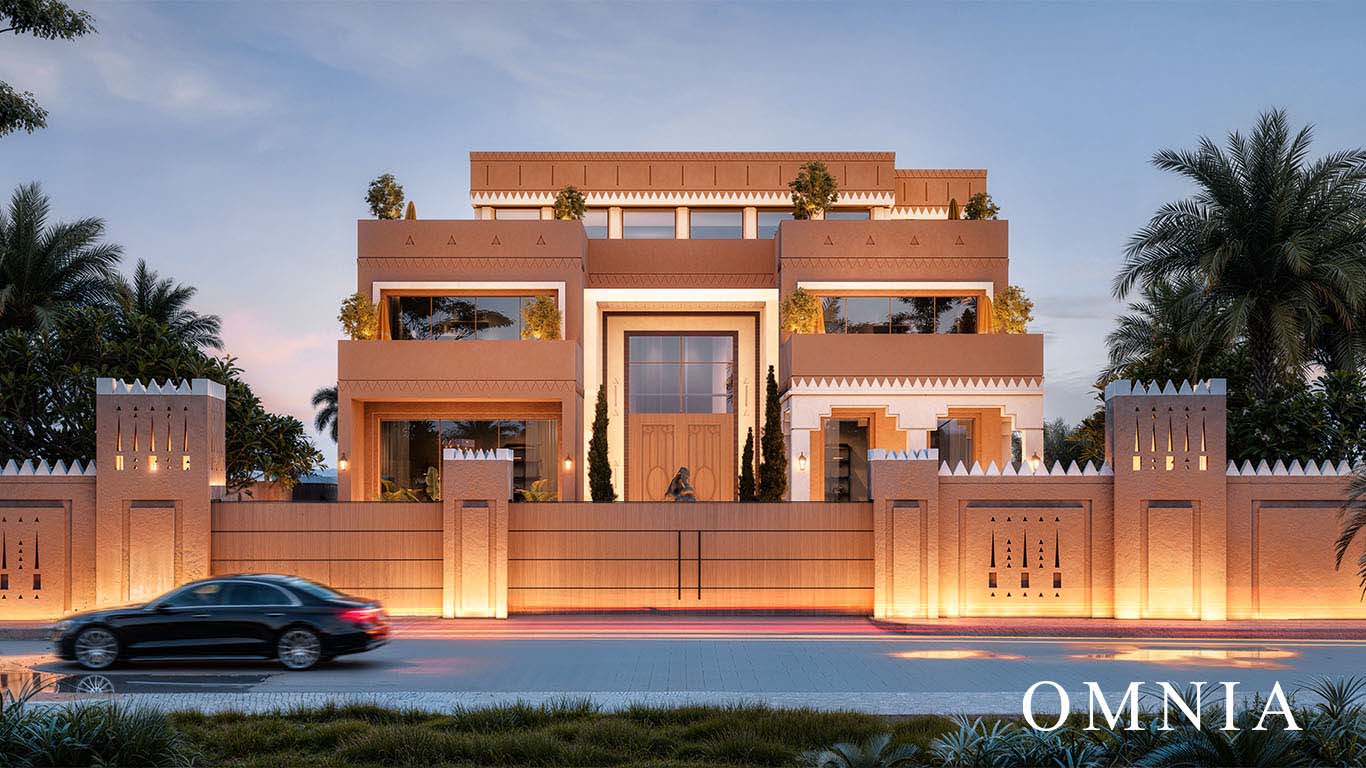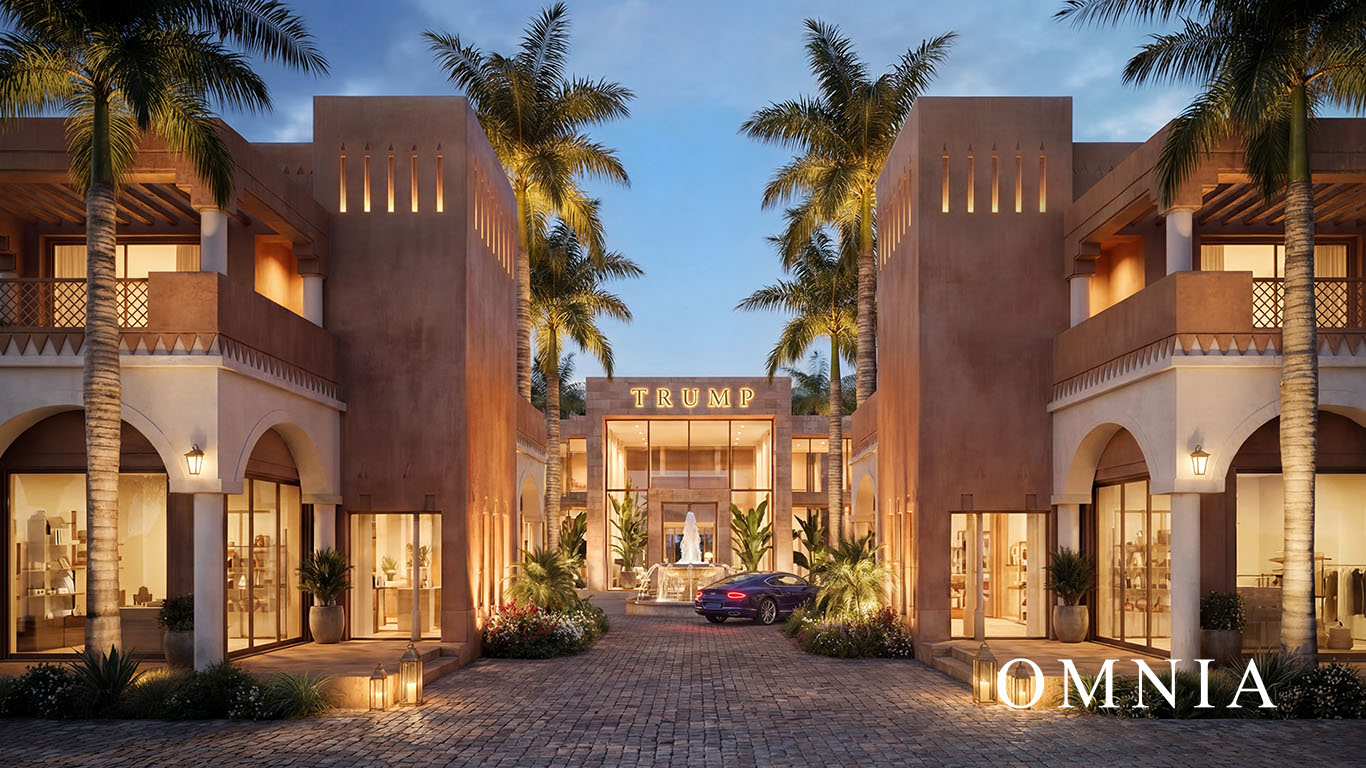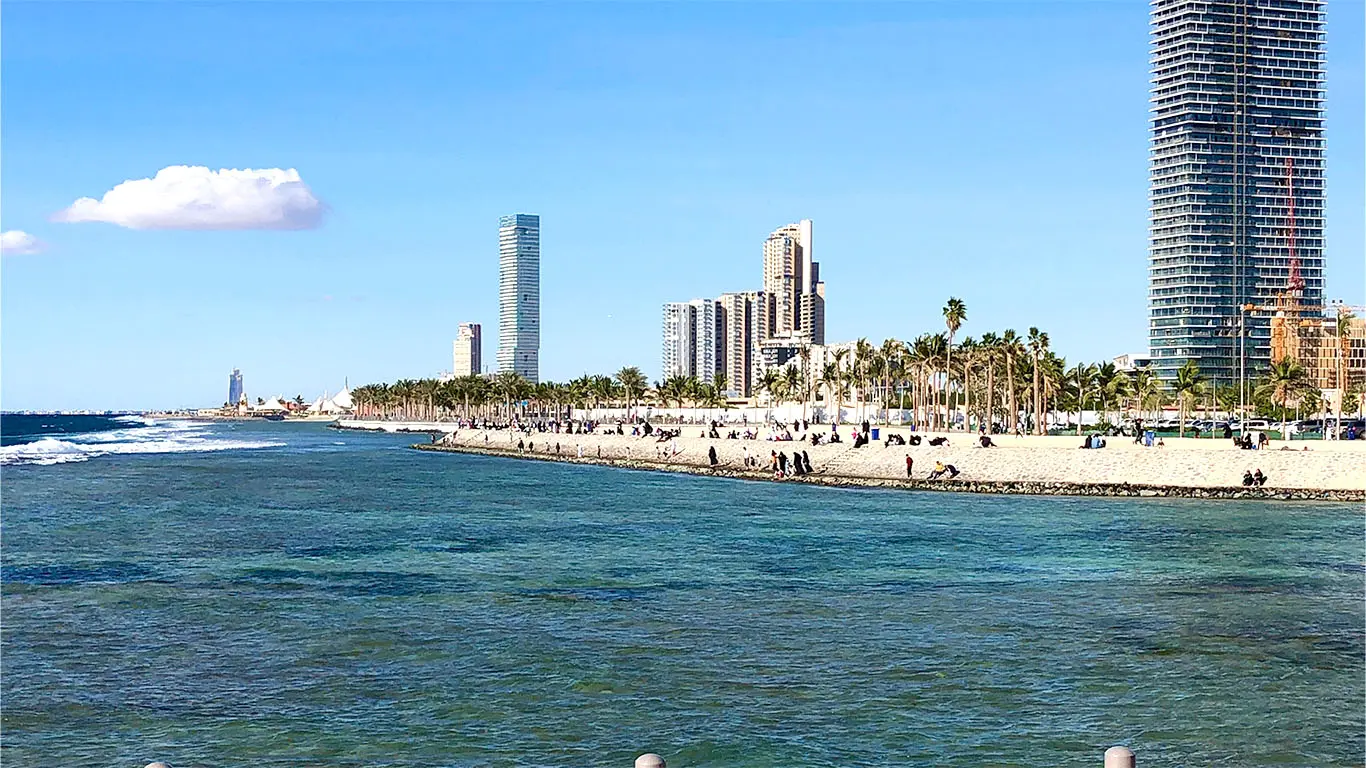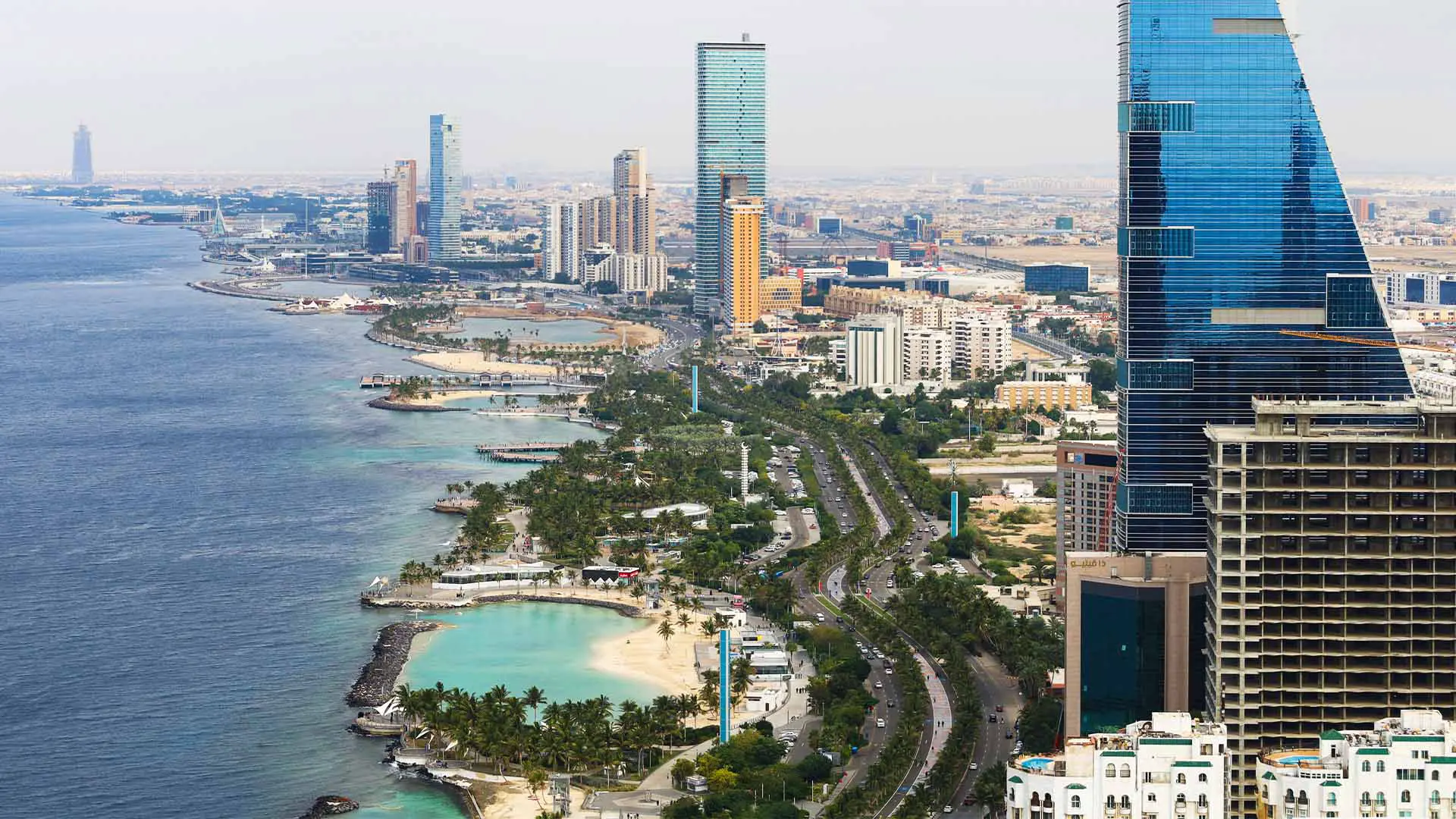
Saudi Arabia’s real estate market, fueled by Vision 2030 and a growing expatriate population, offers strong potential for overseas buyers. Cities like Riyadh and Jeddah are booming, but purchasing property remotely comes with challenges. This guide highlights key pitfalls when buying property in Saudi Arabia from abroad and shares practical steps to invest smartly.
Pitfall 1: Not Understanding Property Ownership Laws
Saudi Arabia has specific regulations for foreign property ownership, and misunderstanding them can lead to costly mistakes. Non-Saudis with a valid residency permit (Iqama) can own one residential property, subject to restrictions. Foreigners cannot buy properties in the holy cities of Makkah and Madinah, except through inheritance, and properties near military bases or strategic zones are prohibited.
Since 2020, the Real Estate Ownership System for Expats has expanded opportunities, allowing foreigners to purchase properties in designated areas, including major cities and special economic zones, with approval from authorities like the Ministry of Interior or the Saudi Arabian General Investment Authority (SAGIA).
Designated Areas for Foreign Ownership:
- Riyadh: Residential and commercial properties in areas like Al Malqa, Al Nakheel, and King Abdullah Financial District.
- Jeddah: Properties along the Jeddah Corniche, Al Naeem District, and Al Rawdah.
- Dammam: Residential and commercial zones in Al Khobar and Dhahran.
- Special Economic Zones: King Abdullah Economic City, NEOM, the Red Sea Project, Amaala, and Qiddiya. These zones offer incentives like 100% ownership and tax exemptions.
- Integrated Tourist Destinations: Areas like Al Ula and Diriyah, designed to attract global investors.
Buyers abroad may assume Saudi laws align with Western markets, but the legal framework is unique, requiring specific permits and compliance with zoning rules.
Hire a local real estate lawyer specializing in Saudi property law to confirm eligibility and secure permits. Use the Absher platform to submit ownership requests electronically, streamlining the process for non-Saudis. Verify property titles and zoning restrictions to prevent legal issues.
Pitfall 2: Overlooking Hidden Costs and Taxes
Overseas buyers often focus solely on the purchase price, missing additional expenses that impact their budget. Registration fees, typically 2.5% to 5% of the property value, and brokerage fees, around 2% to 3%, are standard. Maintenance costs for apartments or gated communities also add up.
Taxes are another overlooked factor. Non-Saudis pay a 10% property tax on the property’s value, handled by the Saudi Ministry of Finance. Rental income faces income tax, and capital gains tax may apply when selling.
Plan finances thoroughly, accounting for purchase price, registration, brokerage, maintenance, and taxes. Consult a local tax advisor to ensure compliance and explore tax incentives in special economic zones like NEOM or King Abdullah Economic City, which can improve profitability.
Pitfall 3: Skipping Market Research
Saudi Arabia’s real estate market varies by region. Riyadh’s properties, priced at SAR 6,000 to SAR 12,000 per square meter, cater to professionals and families. Jeddah offers coastal appeal, with luxury waterfront properties averaging SAR 8 million for apartments. Emerging projects like NEOM and The Line are high-risk, high-reward due to their developmental stage.
Overseas buyers who skip market research may overpay or invest in low-performing areas. For example, off-plan properties in Riyadh have grown 14% year-on-year, outperforming secondary sales. Missing such trends can lead to poor investment choices.
Research price trends, rental yields, and population growth in target areas. Focus on high-demand zones like Riyadh’s Al Malqa, Jeddah’s Al Naeem, or NEOM’s eco-friendly developments. Partner with a local real estate agent for insights on high-growth areas and off-market deals.
Pitfall 4: Neglecting Property Title Checks
Property title disputes pose a significant risk, especially for remote buyers. Fraudulent practices, such as forged ownership documents, can lead to legal battles or financial loss. A post on X highlighted a scam where properties bought abroad were auctioned due to fake documents, underscoring the need for caution.
Saudi Arabia’s Property Shaikh system ensures transparency by evaluating property prices, but overseas buyers may bypass this step, assuming titles are clear.
Engage a local lawyer or notary to conduct a title search, verifying the property’s ownership history for liens or disputes. Confirm the seller’s ownership through the local Sharia Court. A property management company can oversee documentation for added security.
Pitfall 5: Ignoring Cultural and Zoning Rules
Cultural and zoning regulations shape Saudi Arabia’s real estate market. Residential properties cannot be repurposed for commercial use, and violations lead to fines. Cultural restrictions, such as limits on non-Muslims in certain areas, affect property usability.
Overseas buyers may assume global norms apply, risking conflicts with authorities or neighbors, which can reduce the property’s value.
Study zoning laws for your target area. Work with a local agent who understands cultural expectations. For example, villas in Riyadh’s Al Nakheel suit families seeking privacy, while Jeddah’s Al Rawdah apartments appeal to young professionals. Respecting local customs ensures a smoother process.
Pitfall 6: Misjudging Financing Needs
Financing a property as a non-Saudi requires planning. Expatriates with an Iqama can access Sharia-compliant mortgages (Murabaha or Ijara) from banks like Al Rajhi or Riyad Bank, requiring stable employment, income proof, and a 5% to 15% down payment.
Overseas buyers often fail to compare financing options, leading to higher rates or unfavorable terms. Currency fluctuations between their home currency and the Saudi Riyal can disrupt budgeting.
Compare mortgage options from multiple banks to secure favorable terms. Prepare financial documents, including income proof and Iqama, before applying. Consult a financial advisor to hedge against currency risks. Early pre-approval strengthens negotiations with sellers.
Pitfall 7: Managing Properties Without Local Support
Owning a property from abroad, especially for rentals, requires active management. Tenant screening, rent collection, and maintenance are challenging from a distance. Buyers who underestimate these tasks risk neglected properties or lost income.
How to Avoid This Pitfall: Hire a reputable property management company to handle operations, ensuring compliance with rental laws and high occupancy. Alternatively, work with a trusted local contact. Regular virtual check-ins and clear contracts with service providers protect your investment.
Why These Pitfalls Matter
Saudi Arabia’s real estate market is thriving, with Vision 2030 projecting 6% economic growth in 2025 and an 18% GDP increase over five years. The expatriate population drives demand for properties in designated areas like Riyadh, Jeddah, NEOM, and King Abdullah Economic City.
However, mistakes like misunderstanding laws, ignoring costs, or skipping due diligence can derail investments. By researching thoroughly, engaging local experts, and focusing on approved zones, overseas buyers can invest confidently. Whether targeting Riyadh’s high-yield apartments or Jeddah’s coastal villas, a strategic approach ensures long-term profitability.

Become a member to Access our full network. The ultimate community for global investors.









